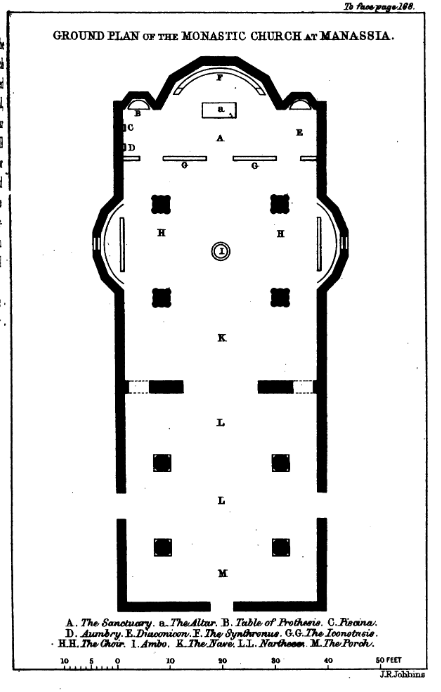Original research paper by Mirčeta Vemić, Institute of Geography “Jovan Cvijić”, Serbian Academy of Arts and Sciences: http://www.doiserbia.nb.rs/img/doi/0352-5732/2014/0352-57321447201V.pdf
UDC 94(100)”1914/1918″
UDC 343.819.5(=163.41)(493.5)”1914/1918″
DOI: 10.2298/ZMSDN1447201V
CONCENTRATION CAMP BOLDOGASSZONY
(K. u. k. Kriegsgefangenenlager Boldogasszony)
11 613 internees (in 1916.), 7 000 Serb victims
Concentration Camp Boldogasszony, officially “Imperial and Royal Camp for Prisoners of War Boldogasszony” (Kaiserliches und Königliches Kriegsgefangenenlager Boldogasszony), was on the eastern shore of lake Nezsider, close to the settlement of Boldogasszony, at the time Hungarian territory, now in Frauerkirchen, Republic of Austria. It was formed in February 1915. and disbanded in the last days of October 1918., almost at the same time as the neighbouring concentration camps Nezsider and Nagymegyer. In it were Serbian and Montenegrin POWs and internees [interned civilians, translator’s note], who continuously arrived, so the camp at one census in 1916. had 11 613 persons. The concentration camp was built on swampy ground, which along with hunger, disease, exhausting labour, camp regime and other factors influenced the great mortality rate among the prisoners. According to German authors [Hurch et al. 2006] it was evidenced “that 7000 Serbs died in Boldogasszony”. What the treatment of the living and the dead Serb prisoners of this concentration camp had is seen from, for example, incomplete death certificates of the victims, which are in the National Archives in Serbia [1914–1918а] where there are 157 sheets (Evidenzblatt für Gräber) without names and last names with the markings “unknown (Unbekannt)” “Serb (Serbe)”.
Besides the unbearable, deadly conditions in this and other camps the POWs also suffered from the shame of ending up in such a position. This can be seen from many letters which were left over in the Austrian censorship system and were recently found and published. Thus one POW from the Boldogasszony wrote to his brother: “I have not yet sent word yet. I considered it a humiliation and a shame to be where I am, to have been captured, but what can one do when that was my soldiering fate. They caught me with a trick, when we were retreating from Vranovac. There was no other option but to raise my arms, to my shame and yours, because a real hero never ends up alive in his enemy’s power… I will endeavour to at least wash off this shame from the Petrović name if I survive in these wires… Send greetings to our brave horsemen, the knights of our dear motherland” [Tešić 2002].
Translated by Books of Jeremiah



